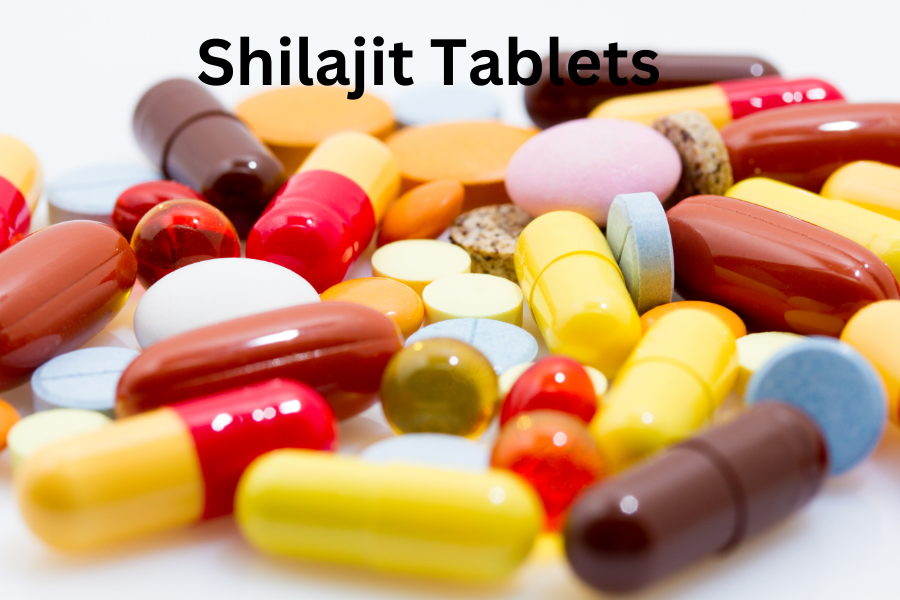In recent years, there has been a growing interest in natural supplements and traditional medicines, one of which is Shilajit. Known for its purported health benefits, Shilajit has been used in Ayurveda for centuries. However, as with any supplement, the question of safety arises, particularly when considering daily consumption of Shilajit tablets.
Understanding Shilajit
Shilajit is a sticky substance found primarily in the rocks of the Himalayas. It forms from the decomposition of plants over centuries and is rich in minerals and organic compounds. In Ayurveda, Shilajit is highly esteemed for its rejuvenating properties and is considered an adaptogen, helping the body adapt to stress.
Benefits of Shilajit Tablets
Shilajit tablets are a convenient modern form of this ancient substance. They are often promoted for various health benefits, including:
- Energy and Stamina: Shilajit is believed to enhance mitochondrial function, which can improve energy production in cells.
- Antioxidant Properties: It contains fulvic acid and other antioxidants that help combat oxidative stress and free radicals.
- Cognitive Function: Some studies suggest Shilajit may support cognitive health and memory.
- Anti-inflammatory Effects: It may have anti-inflammatory properties, potentially beneficial for joint health and overall inflammation levels.
Safety Considerations
While Shilajit has a long history of traditional use, its safety profile when taken daily as a supplement is an important consideration. Here are key points to keep in mind:
- Quality and Purity: The quality of Shilajit can vary significantly. It’s crucial to choose products from reputable sources that ensure purity and are free from contaminants.
- Dosage: Like any supplement, the dosage of Shilajit tablets matters. Recommended dosages vary, but exceeding these could lead to adverse effects.
- Individual Variability: Responses to supplements can vary among individuals. Some people may be more sensitive or have underlying health conditions that interact with Shilajit differently.
- Potential Side Effects: Common side effects reported with Shilajit include digestive upset and changes in heart rate. Rarely, allergic reactions or heavy metal toxicity (if impurities are present) can occur.
Daily Use and Long-Term Safety
Taking Shilajit tablets daily over an extended period raises questions about long-term safety. While there’s limited research specifically on daily Shilajit use, general principles apply:
- Moderation: It’s advisable to take breaks from any supplement regimen to prevent potential adverse effects from prolonged exposure.
- Consultation: If you have underlying health conditions or are taking medications, consult a healthcare provider before starting Shilajit tablets daily.
- Quality Assurance: Ensure the Shilajit tablets you choose come from reputable sources and are tested for purity and safety.
Conclusion
In conclusion, Shilajit tablets can be a beneficial supplement when used responsibly and in moderation. Its traditional use and preliminary research suggest potential health benefits, especially for energy, antioxidant support, and cognitive function. However, like any supplement, safety should be a priority. It’s essential to source high-quality products, follow recommended dosages, and consider individual health factors. If you’re unsure about daily use or have specific health concerns, consulting with a healthcare professional is recommended.
For those interested in exploring Shilajit tablets further, you can find more information and purchase options at Panchamrit, where they offer a range of authentic Shilajit products. Additionally, for a different formulation experience, consider exploring their effervescent tablet collection.
Remember, the key to safe and effective supplementation lies in informed choices and responsible usage.



